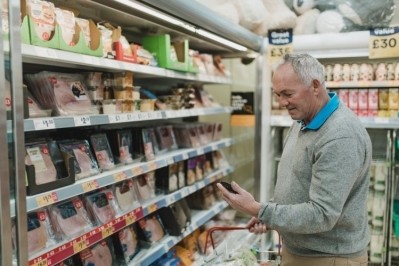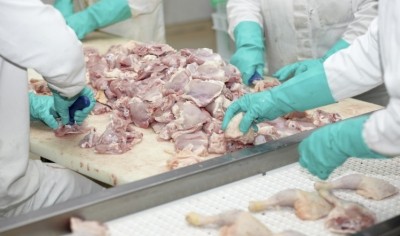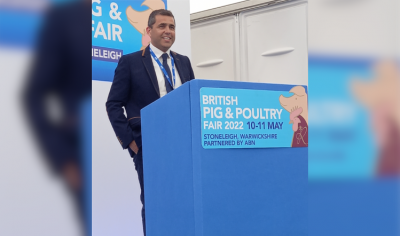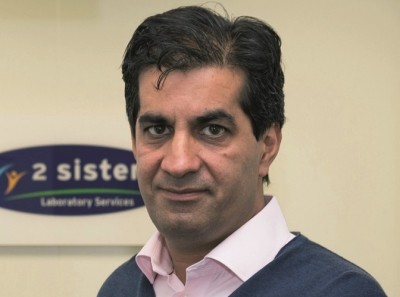2 Sisters boss warns of less choice and higher prices
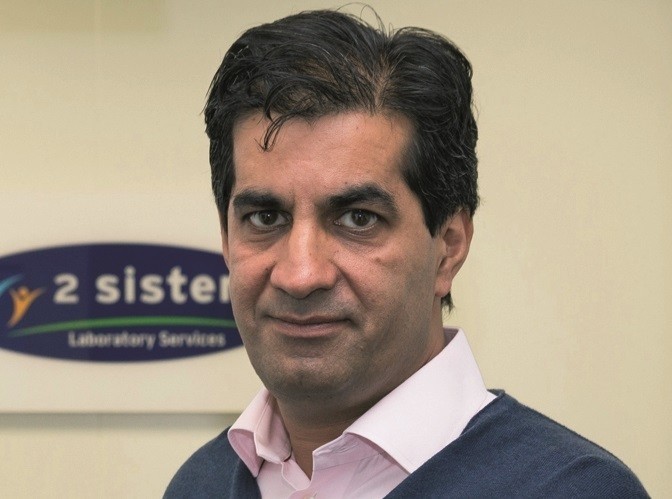
Food is too cheap and prices need to reflect the spiralling costs faced by food manufacturers, he argued. British shoppers will soon be faced with a ‘great food reset’ with less choice and higher prices, thanks to rampant inflation and a continued lack of labour.
Boparan said: “The days when you could feed a family of four with a £3 chicken are coming to an end – we need transparent, honest pricing. This is a reset and we need to spell out what this will mean.
“Food is too cheap, there’s no point avoiding the issue. In relative terms, a chicken today is cheaper to buy than it was 20 years ago. How can it be right that a whole chicken costs less than a pint of beer? You’re looking at a different world from now on where the shopper pays more.”
His comments add to calls to heed the rising cost of raw materials by the boss of Kraft Heinz earlier this week. They also follow Boparan's warnings of a cancelled Christmas last month, due to the carbon dioxide shortage threatening food supplies. The Government has announced an extended supply deal set to last until January 2022 with CF Fertiliser, which supplies food grade CO2 as a byproduct to the food industry, but CO2 costs have still increased.
Labour shortages: tip of the iceberg
The ‘chicken king’ previously urged Government to tackle the labour shortages plaguing the industry, but had now come to the conclusion that this would not solve all the industry’s problems – nor curb inflation.
While he welcomed the announcement of temporary seasonal visas for poultry workers, he said the long-term implications of the labour shortages needed to be addressed.
“Less labour means less choice, core ranges, empty shelves and wage inflation, and this isn’t going to change,” he explained. “We need to work with our supply chains and customers to solve these issues, but it will come at a cost.
“At the same time, I need to invest, increase automation and make our factories more welcoming for new recruits, which are longer-term goals. But right now I need to be honest about what this means for the consumer as inflation could reach double digits.”
Boparan highlighted the inflationary challenges throughout the supply chain – from increased feed costs on the farm, the continued pressure of the HGV driver shortage and the rising price of carbon dioxide (CO2). See the box below for more details.
Decaying infrastructure
“Inflation is decaying the food sector’s supply chain infrastructure and its ability to operate as normal,” Boparan continued. “That’s from farm to your plate. There’s hundreds of farmers out there struggling, and they need our support just as much as anyone.
“Talk of ‘year zero’ might sound dramatic, but these are the facts: we really have to start thinking differently about what our food priorities are and what they cost.”
While optimistic that the food industry can see these challenges through, Boparan was adamant it would take a lot of hard work from everyone within the supply chain – from farm to fork.
“I think there’s a willingness to work together and sort this now, rather than waiting and seeing the British food sector wither and die,” he concluded. “I don’t want that to happen – I want to be one of the first to face into a crisis that’s not going away and solve it.”
Inflationary challenges
- In Agriculture – the farms that rear the millions of chickens have been severely hit. Feed costs are up 15%. Even the less visible commodities have risen by 20% – feed diet supplements, wood shavings for litter; disinfectants; veterinary costs; wages have risen 15% in a year
- In transport – the HGV driver shortage, compounding the perfect storm hitting the food supply chain has sparked wage inflation in the transport sector that is passed on; the double-whammy comes with fuel costs which are now at their highest rate since 2013.
- In Energy – the business’s 600 farms and 16 factories, employing 18,000, are facing soaring energy commodity costs, up 450-550% from last year.
- In CO2 – critical in the processing of poultry and for packaging, the price of CO2 has risen 4-500% in the past three weeks. Despite the Government deal to ensure supplies are maintained, costs have spiralled to levels never seen before
- In packaging – the cost of food packaging, such as cardboard items and aluminium foil, have risen by 20% in the last six months

